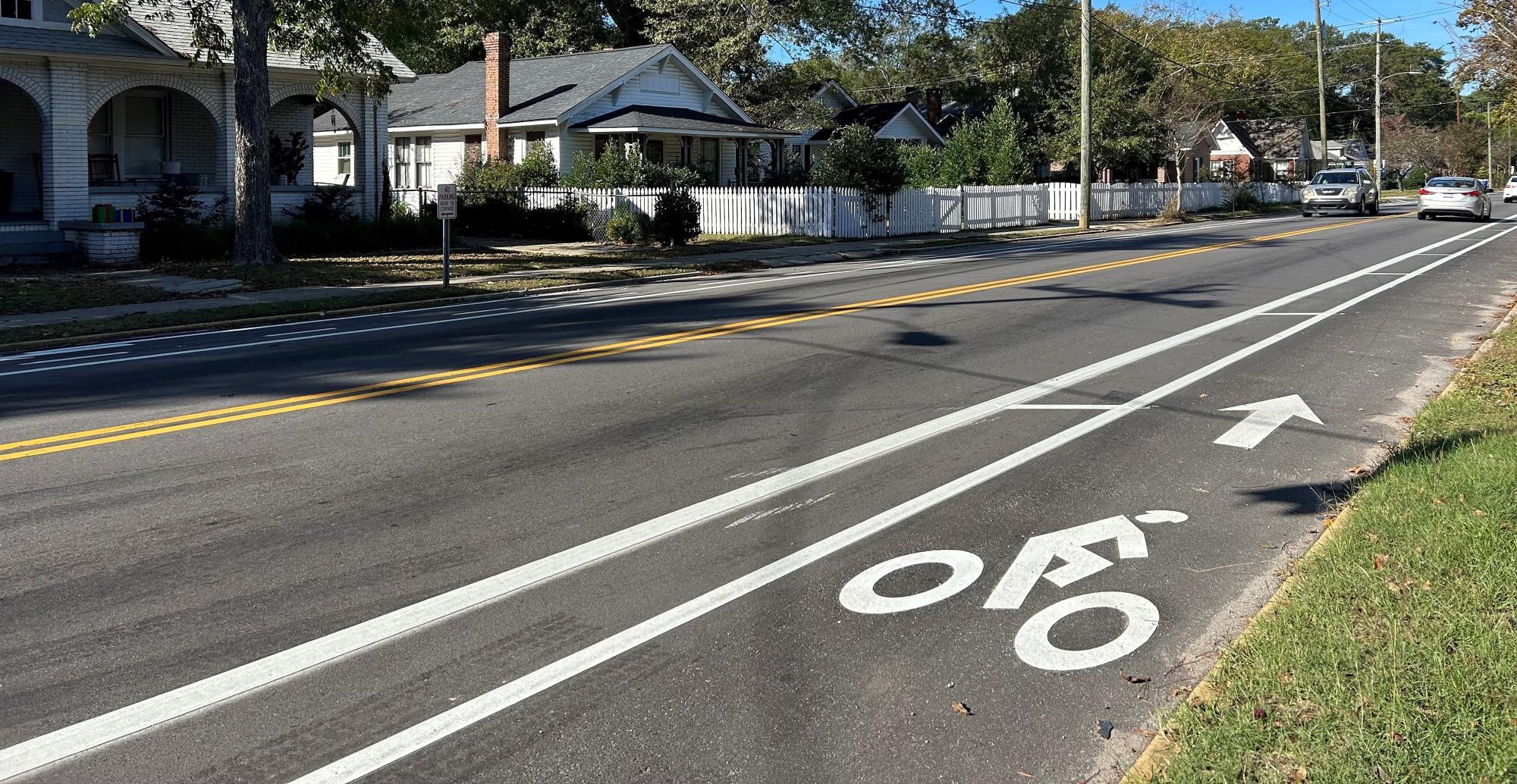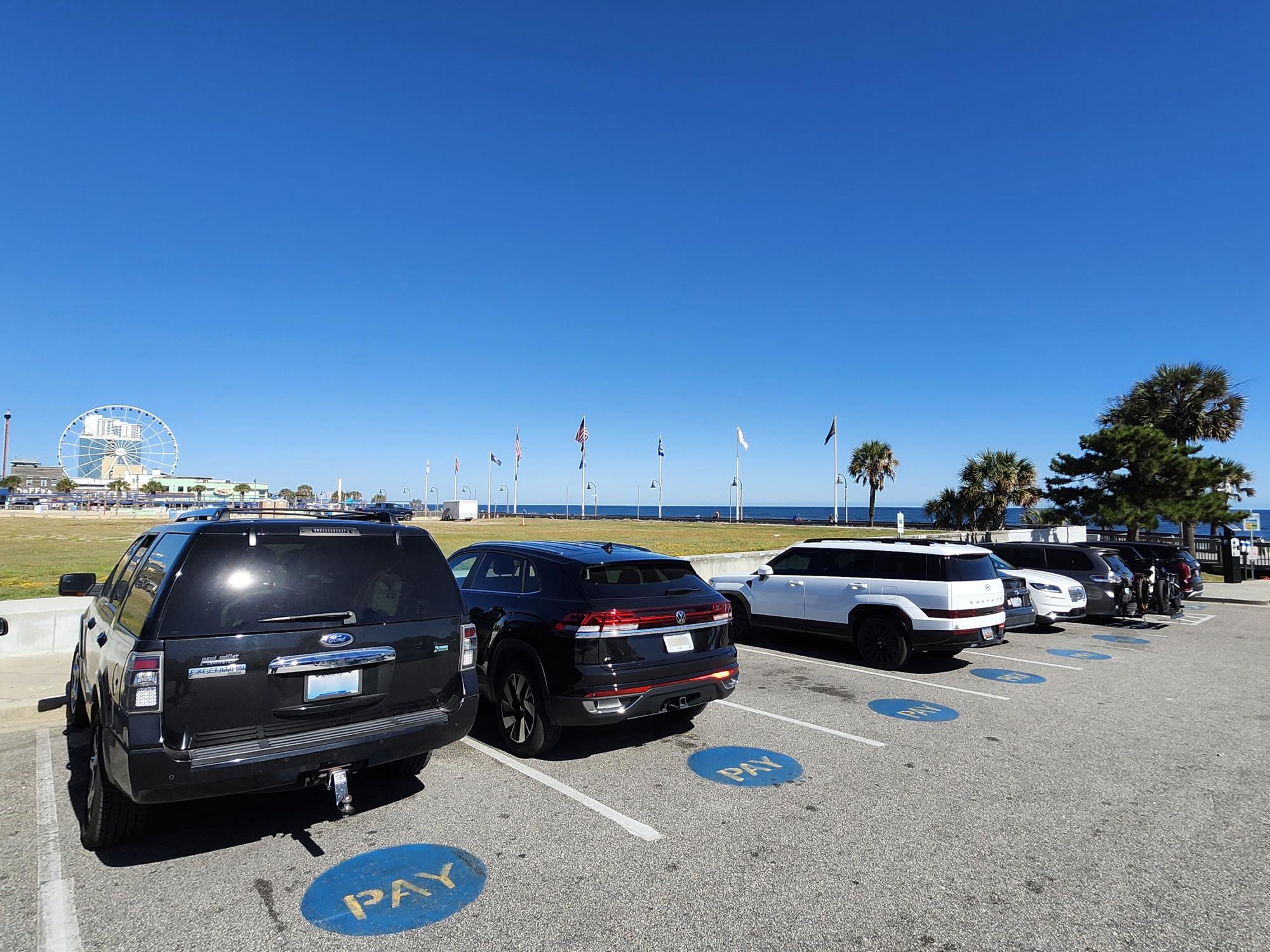South Carolina is a fast-growing state. In 2023, it had the single greatest growth by percentage of any state, according to the U.S. Census Bureau. In 2024, it was the fourth fastest-growing state, with an estimated 5.48 million residents by mid-2024.
In parts of the state, especially those where growth and development are the strongest, municipalities can face great pressure to regulate land usage, and to manage the uncertainties and anxiety that can come from rapid changes in a community. Cities and towns are often faced with the task of making sure that there will be adequate and well-managed municipal services for their growing numbers of residents and businesses.
In its monthly Uptown magazine, the Municipal Association recently published numerous resources that can help local governments navigate the challenges of growth.
Development impact fees
Development impact fees are one-time charges imposed by municipalities as a condition of development approval. They aim to ensure that new developments make proportionate contributions to the costs of the new public infrastructure they require, and they also encourage responsible urban planning by making sure that infrastructure projects can keep pace with development.
Because of the added costs of these fees, and the potential they can create for litigation, city councils need to make sure that they follow correct legal procedures for imposing them, from the creation of a comprehensive plan or capital improvements plan to the required reports to the ordinance enacting the fees.
Involving the community
Residents care greatly about how their hometown evolves, and so when cities and towns are formulating their comprehensive plans or master plans, they often take the time to listen to those residents who want to share a vision for their community’s future.
This article shows how cities are now taking a proactive approach, such as the City of Conway asking people to participate in plan development during special events, or the City of Beaufort creating a historical technical review committee that residents can approach for free advice, or the Town of Hilton Head Island bringing special events to the specific neighborhoods that will be impacted by flood management plans.

Conway invited residents attending its Christmas tree lighting to use stickers to vote
on the park features the would like to see added or improved. Photo: City of Conway.
Traffic calming projects
In development-heavy locations, complaints about traffic are likely to grow just as fast as the local population count does. Many communities in South Carolina have grown more interested in recent years in traffic management, traffic safety and even neighborhood walkability. This article takes a look at the road diets as well as the bicycle and pedestrian improvements that are coming online in Columbia and Goose Creek.

In 2024, River Drive in Columbia’s Earlewood neighborhood became home
to the city’s first buffered bicycle lane.
Parking management
Another common worry among local governments and residents as they face population growth is how to provide adequate parking.
Some of those municipalities building their parking capacity for the future include Myrtle Beach, which provides vehicle registration and annual passes for parking anywhere in the city; Fountain Inn, which has worked to balance its parking inventory in a downtown where parking spaces remain unmetered; and the rapidly growing downtown Spartanburg, which recently launched an automated system for its parking garages.

The paid parking spots at the end of 8th Ave. N. provide immediate access to
the Myrtle Beach Boardwalk and Promenade. Photo: City of Myrtle Beach.
| The Municipal Association of SC offers an online version of the six-hour orientation course that state law requires for all members of boards, committees and commissions involved with local planning and zoning. There is no charge for the training, and no need for in-person proctors or facilitators. |
